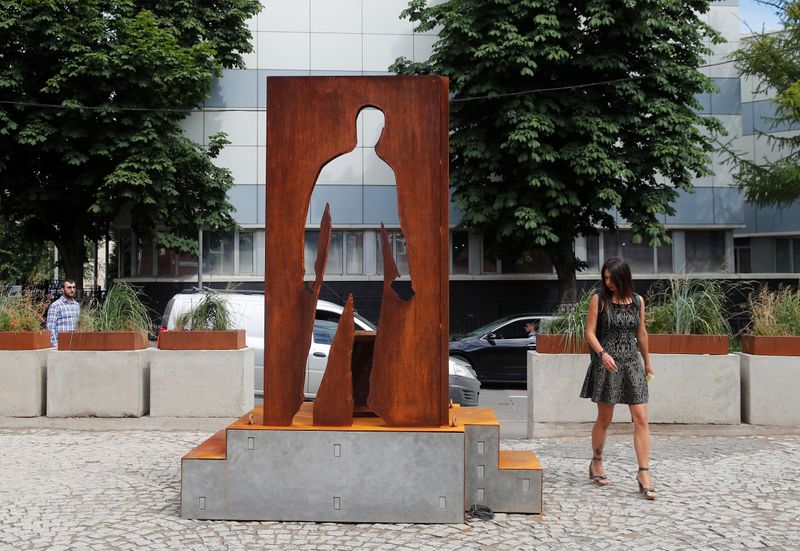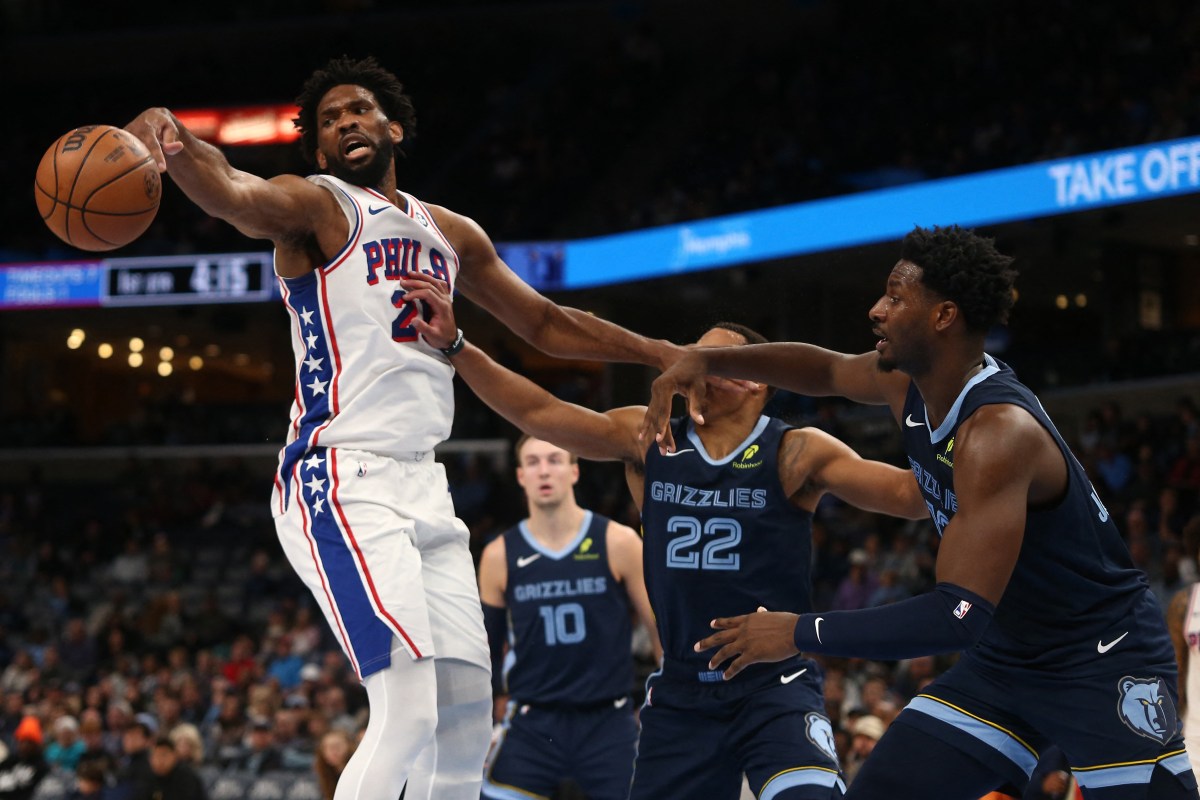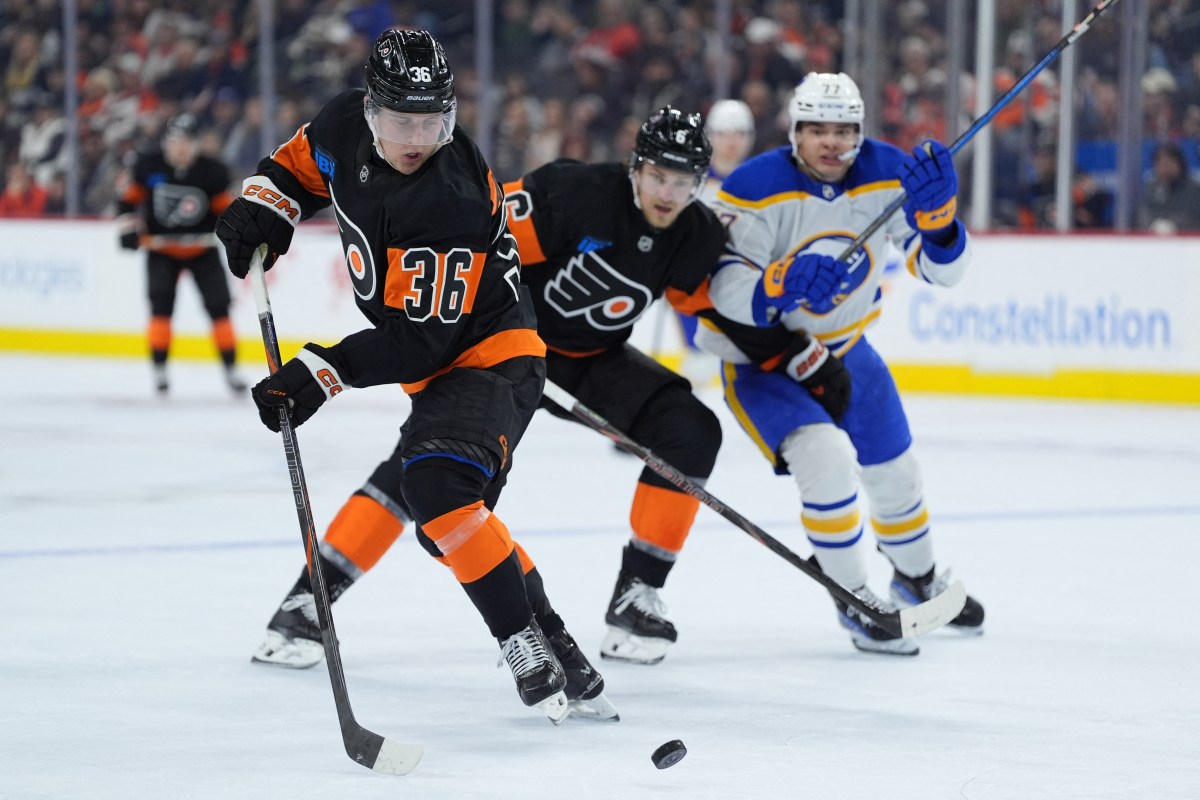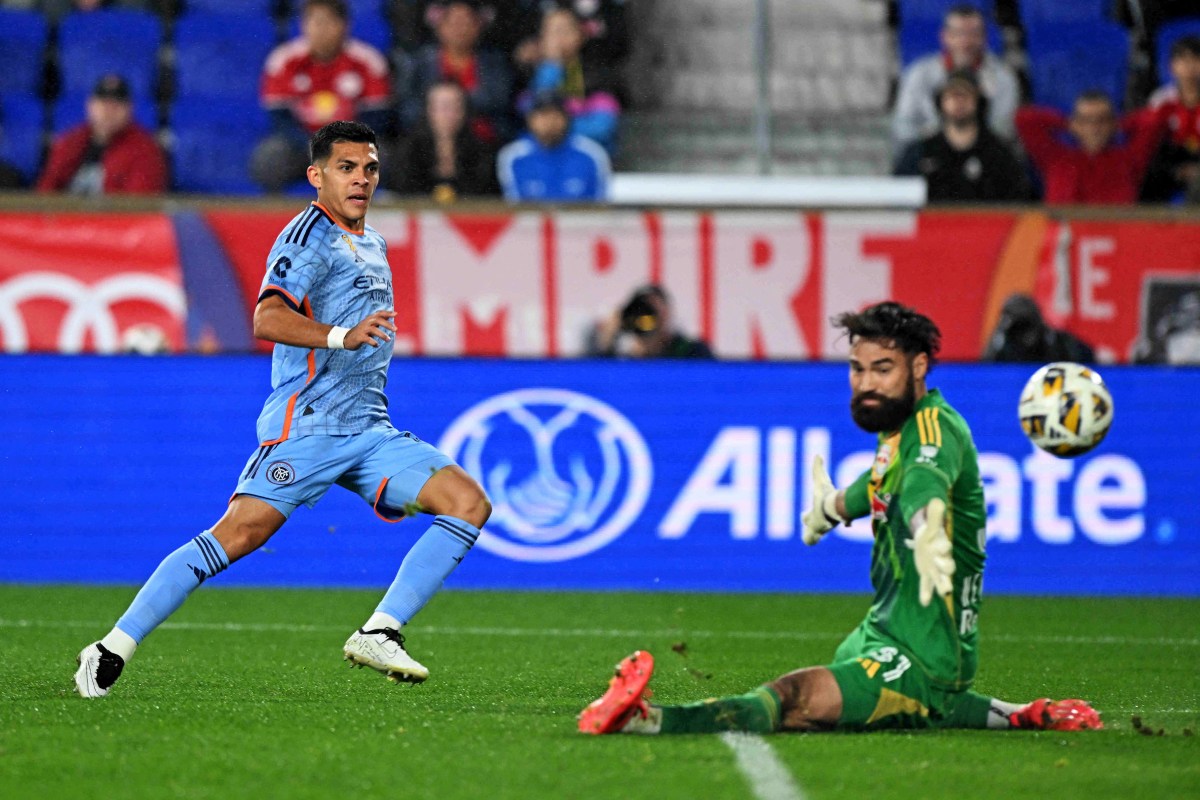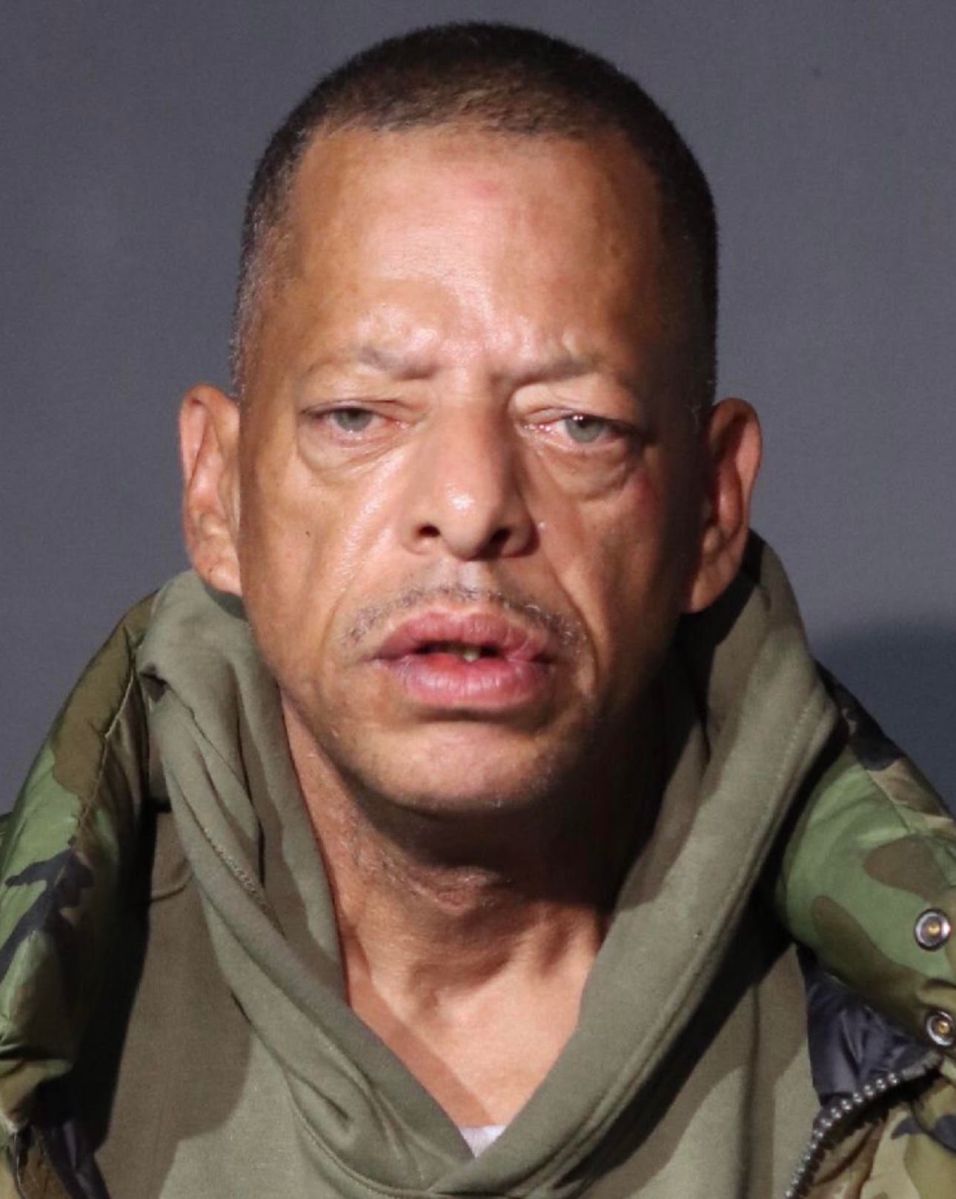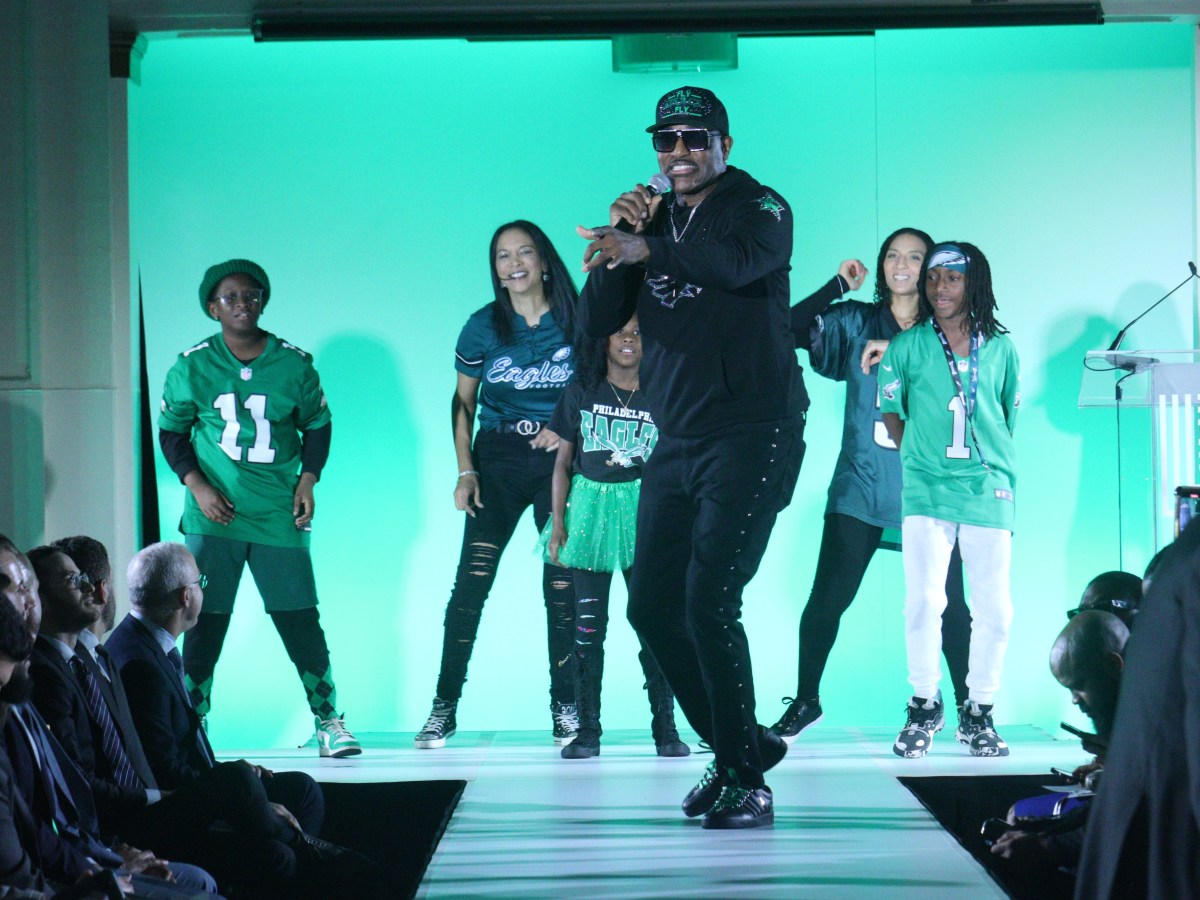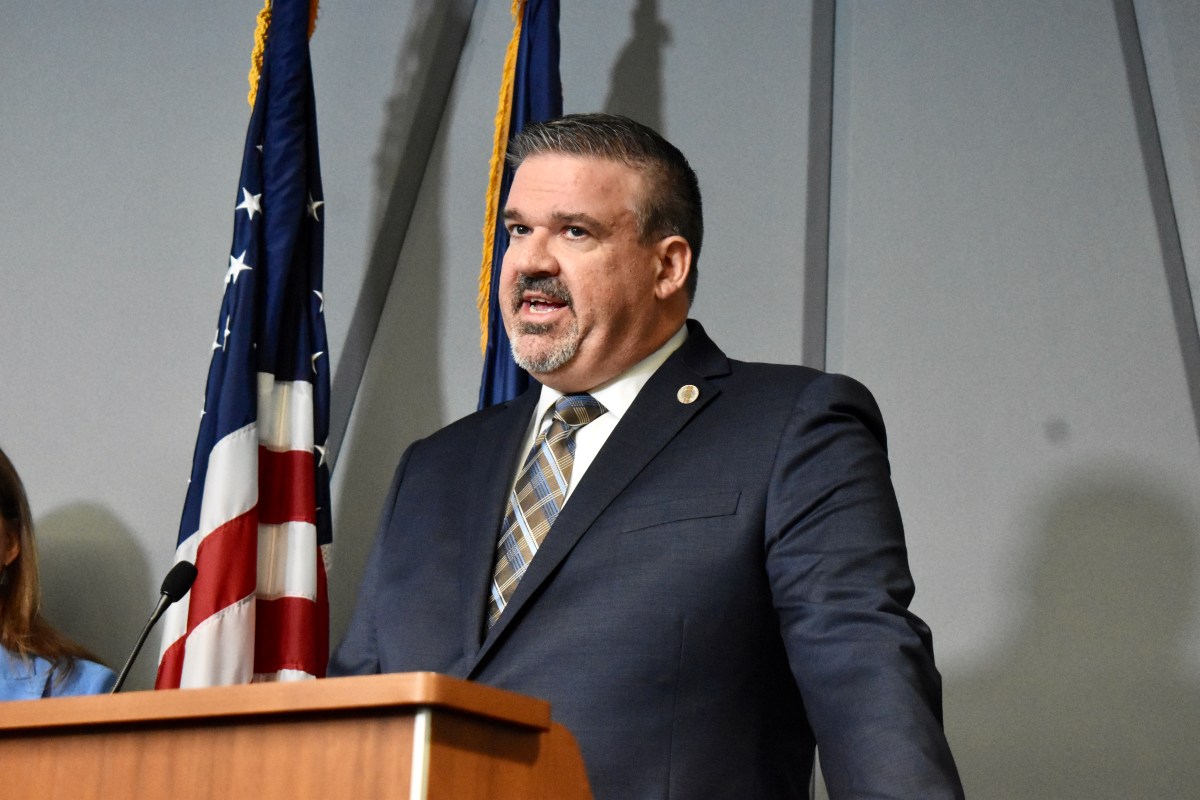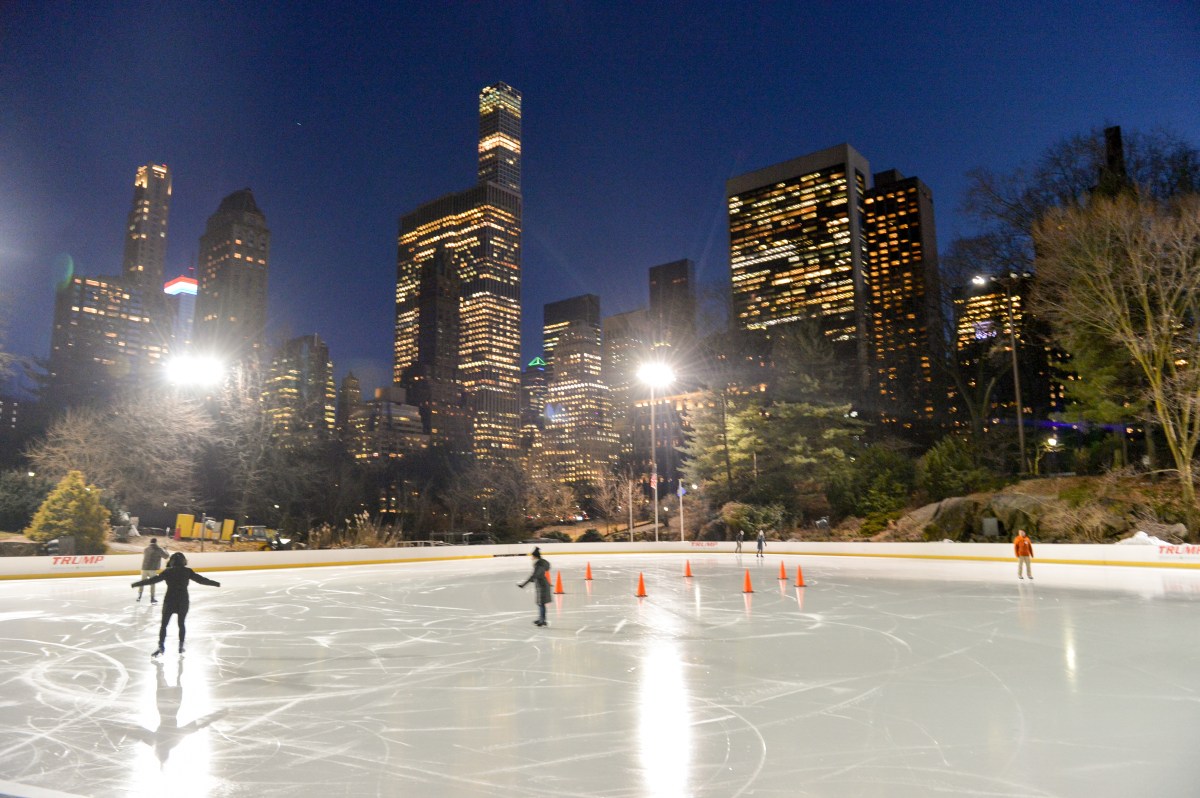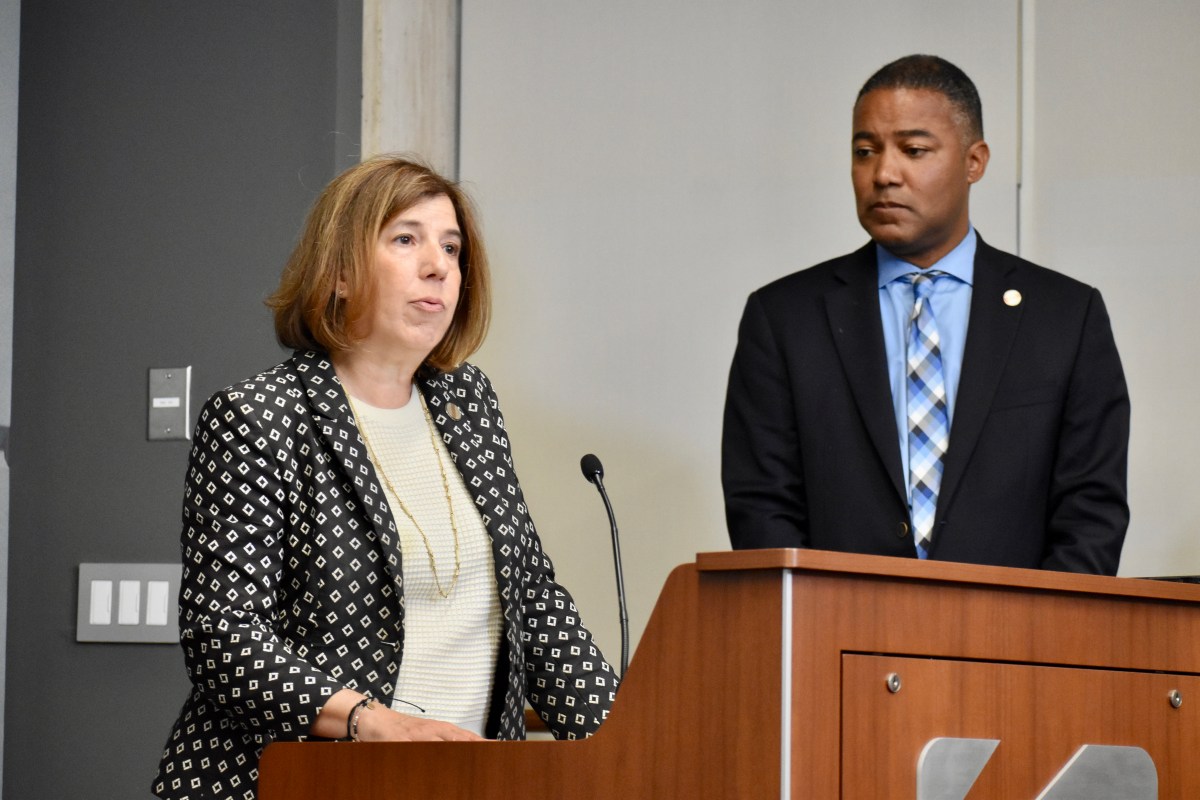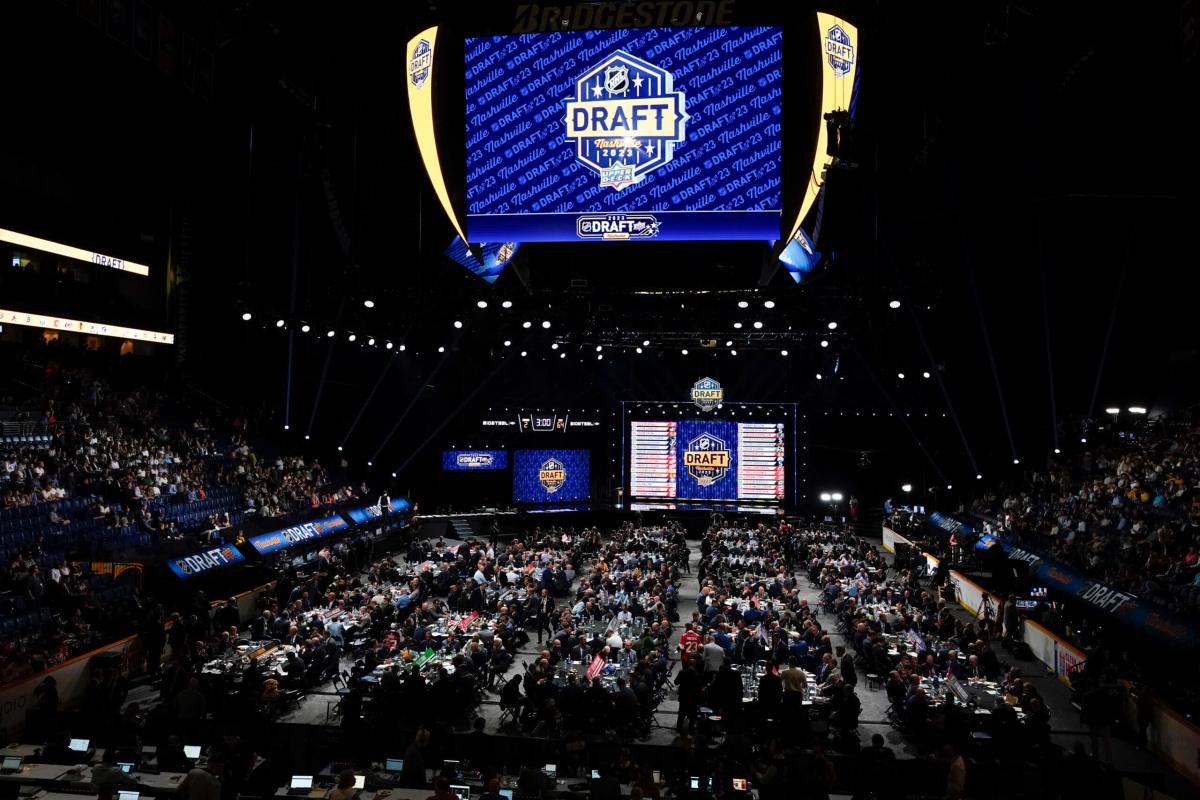MOSCOW (Reuters) – Doctors and nurses have won praise for their efforts to contain Moscow’s coronavirus crisis, but a monument unveiled on Friday celebrates different frontline workers: delivery men and women.
Designed by artist Alexei Garikovich, it is around three metres tall and features the form of a standing man hollowed out from a thick sheet of rusting metal. Its inscription reads: “Dedicated to those who made self-isolation possible.”
“The monument makes me proud of course,” said 27-year-old courier Sergei Gorekov, who works for the Azbuka Vkusa supermarket chain.
“I have never in my life seen or heard of the opening of a monument to couriers. It’s quite cool.”
A strict self-isolation regime in the Russian capital saw Muscovites confined to their homes, with many using supermarket and restaurant deliveries to reduce their exposure to the virus.
They relied on couriers, who delivered food, parcels and takeaway meals despite the risks.
Moscow was the epicentre of Russia’s coronavirus outbreak, in a country where almost 670,000 people have been infected and close to 10,000 have died.
At the peak of the lockdown, most residents were only allowed out of their homes to buy food, seek emergency medical attention, walk the dog or take out the garbage.
Commissioned by five retailers – Ozon, Perekrestok.ru, Azbuka Vkusa, Dodo Pizza and Delivery Club – the statue honours the more than 60,000 couriers who worked during lockdown as demand for delivery services skyrocketed.
Perekrestok.ru, part of the X5 retail group, said it received four times as many orders in May than the same period a year earlier, while online retailer Ozon said its purchases volume grew by 200% in April.
“Every day they go to work, they don’t just deliver goods. They deliver comfort and peace of mind,” the companies said in a joint statement.
(Additional reporting by Dmitry Madorskiy and Anton Derbenev; Writing by Alexander Marrow; Editing by Mike Collett-White)

